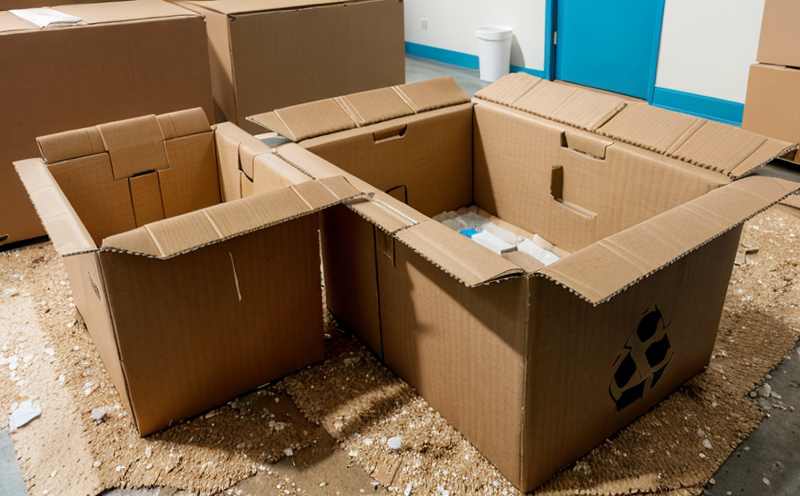ISO 5267 Drainage Time of Recycled Pulp (Schopper-Riegler)
The ISO 5267 drainage time test is a fundamental procedure in the paper, pulp, and cardboard recycling industry. This test assesses the efficiency of water removal from recycled pulp through the Schopper-Riegler method. The Schopper-Riegler apparatus is specifically designed to measure the time it takes for the liquid level in a sample chamber to drop by 25 mm after being filled with a given volume of water. This parameter is crucial as it directly influences the quality and usability of recycled pulp in further manufacturing processes.
The test is particularly important because it ensures that recycled fibers are sufficiently dewatered, which prevents issues such as paper machine malfunctions and improves the consistency and strength of the final product. A longer drainage time can indicate that the pulp has not been adequately processed, leading to lower quality output. Conversely, a shorter time suggests efficient recycling processes.
Testing recycled pulp according to ISO 5267 is essential for maintaining high standards in waste management and recycling practices. It supports sustainable manufacturing by ensuring that raw materials are used efficiently and effectively. This test also plays a key role in the certification of pulp suppliers, ensuring they meet international quality standards.
Accurate measurement of drainage time helps manufacturers optimize their processes to enhance productivity and reduce costs. By understanding how quickly water can be removed from recycled fibers, companies can make informed decisions about equipment selection and operational adjustments. This knowledge is vital for maintaining the balance between production efficiency and environmental responsibility.
The Schopper-Riegler method is widely used across various sectors that deal with recycled paper products, including packaging industries, printing businesses, and cardboard manufacturers. It ensures uniformity in product quality, which is essential for meeting customer expectations and regulatory requirements. The test also aids in identifying any inefficiencies or areas for improvement within the recycling process.
Given the importance of this metric, it's critical that the testing be conducted by laboratories with expertise in waste management and recycling. Eurolab offers comprehensive ISO 5267 drainage time testing services, ensuring precision and reliability in every analysis. Our team uses state-of-the-art equipment and follows strict protocols to provide accurate results.
Applied Standards
| Standard | Description |
|---|---|
| ISO 5267-1:2013 | Methods for the determination of drainage time of recycled pulp. |
| ISO 5267-2:2013 | Methods for the determination of draining capacity and moisture content in sheets of paper, board, and paperboard. |
The ISO standards provide a standardized approach to ensure consistent results across different laboratories. Compliance with these standards is crucial for maintaining quality control throughout the recycling process. By adhering to ISO 5267-1 and -2, Eurolab ensures that all tests are conducted in accordance with internationally recognized guidelines.
| Step | Description |
|---|---|
| 1. Preparation of Sample | The sample is prepared by taking a specified weight of pulp and spreading it evenly into the Schopper-Riegler apparatus. |
| 2. Filling with Water | The apparatus is filled with water to the specified level, ensuring no air bubbles are present. |
| 3. Timing | The drainage time is recorded as the time taken for the water level to drop by 25 mm. |
Eurolab Advantages
At Eurolab, we offer unparalleled expertise in waste management and recycling testing. Our team of highly qualified professionals ensures that every test is conducted with the highest level of accuracy and reliability.
- State-of-the-art equipment for precise measurements.
- Comprehensive understanding of international standards.
- Dedicated customer support to address any concerns or queries promptly.
- Timely reporting and transparent communication throughout the testing process.
Competitive Advantage and Market Impact
- Informed Decision-Making: Accurate ISO 5267 drainage time tests help manufacturers make informed decisions about process optimization, leading to improved product quality.
- Sustainability Leadership: Compliance with international standards enhances a company's reputation as a leader in sustainable practices.
- Regulatory Compliance: Meeting ISO 5267 requirements ensures adherence to environmental regulations and industry best practices.





